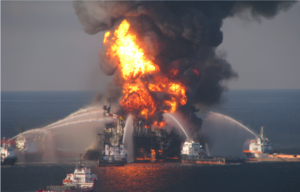Indiana's State Line coal burning power plant, one of the nation's dirtiest power plants, hangs on despite environmental dangers
What do you think about this source of electricity for Chicago? Why do people protest at the coal burning plants in Pilsen and Little Village? Should people protest this State Line plant? If the plant were shut down, where would we get that part of our electricity from?
| Protests in Little Village and Pilsen |
| How can shutting down a dirty coal plant create "green jobs?" |


